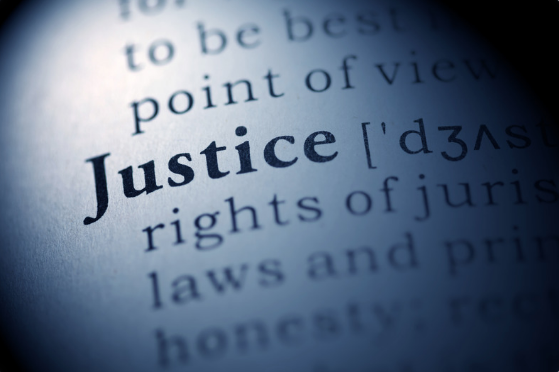
Seven days ago, Kyle Rittenhouse, a white teenager, was acquitted in the August 25, 2020 fatal shootings of racial justice protesters in Kenosha, Wisconsin. He had crossed state lines with a loaded rapid fire rifle displaying intent to do harm. And he did indeed do harm. He killed two unarmed peaceful protesters, Joseph Rosenbaum and Anthony Huber, and severely wounded another, Gaige Grosskreutz. Claiming self-defense, Rittenhouse was found “not guility” by a U.S. jury and acquitted of all charges related to the two counts of murder, one count of attempted murder, and the firearm possession charge (which was dismissed by the judge prior to the verdict).
This court decision has evoked powerful and divergent reactions. Racial justice advocates are were disheartened by the verdict. The acquittal of the white teen (whose race put him at an advantage) who killed “Black Lives Matter” protestors, signaled America’s tightening embrace of its deeply racist roots. Many whites, especially Republican elected representatives, were gleeful over the Rittenhouse acquittal. They saluted the jurors and criticized the “mainstream media” for its coverage of the case, while continuing to support racist double standards regarding African-Americans accused of misdeeds.
In the current and ongoing climate of social unrest, and racial, ethnic and gender inequity here in the United States, the New York Chapter of the Association of Black Psychologists denounces the Rittenhouse verdict as another example of systemic discrimination. The taking of life under the pretense of “self-defense” perpetuates the reality of white privilege woven into the history OR deeply imbedded in the history of this country. This fabric smothers equality, stifles creativity and self-expression, and excludes individuals of color from fair and safe participation in everyday American life. The court ruling opens the floodgates for others who seek to hide behind self-defense when committing violent crimes and justifying ownership of machine guns and other sophisticated weapons. The laws that declare this type of self-defense need to be changed. There have been many long-winded discussions in Congress about gun control. The time to take action is now.
The verdict also impacts our right to peacefully protest. Consider our elders of the Civil Rights Movement; they were people of all races and colors, who engaged, through the power of unity and a commitment to change, in successful, orderly and peaceful demonstrations. Our unified voice is the culmination and direction of this chapter respective to social justice, equity, and inclusion.
The New York Association of Black Psychologists calls for racial, ethnic, and gender equality in all aspects of American life through education, information, and the Kwanzaa principles of Umoja (Unity) and Kujichagulia (Self-determination). Let us all have a common goal to preserve the integrity of our communities, to save lives, and to see that justice for all prevails. Given the potential and ongoing ramifications of this verdict, it is important that our chapter’s voice is heard, and that our leadership and direction are crystal clear. We denounce the Rittenhouse verdict.
Authors: Dr. Katherine Giscombe, Dr. Denise Hinds-Zaami, Phillip Williams-Cooke, Marcus Daugherty, Dr. Lisa Whitten, and Dr. Nadege Apoleon.
